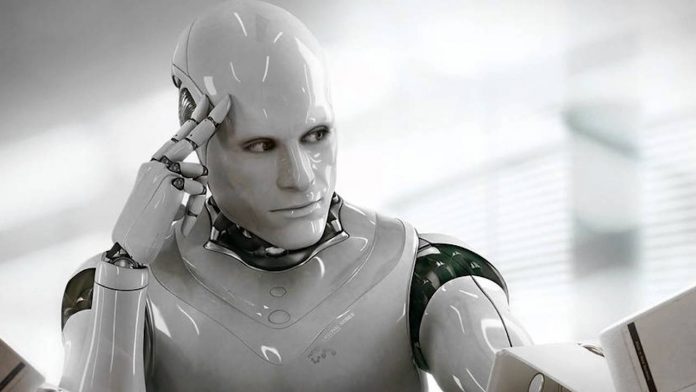The dataset contains questions about a set of Wikipedia articles. Microsoft’s model reached new highs of 82.650 on the exact match portion, just beating out Alibaba, which submitted a score of 82.440. Both beat human performance, which is 82.304. By utilizing the technology behind its breakthrough, Microsoft hopes to provide an AI that’s more useful to consumers. However, that doesn’t just mean virtual assistants. The company is already applying earlier versions to its Bing search engine for more natural queries. In the future, it envisions the ability to provide users with plain answers, rather than a list of web pages, as well as multiple sources. It could also let AI read through documents and present the information in a digestible way, saving hours of research.
A More Natural Cortana
Still, Cortana is a potential target, and this milestone should help fuel more natural interactions. Microsoft is looking to implement follow up questions that incorporate previously asked data. After asking the location of a city, for example, you could then ask, “when was it founded?” It’s a functionality Google Assistant already offers, but with its reading breakthrough, Microsoft may be able to do it more naturally. It combines with previous breakthroughs in speech parity, which put its AI’s recording capabilies on par with humans. Even so, there’s a long way to go. The Redmond giant envisions a world where doctors can simply ask about specific medical findings, but that will require further investment. “Natural language processing is still an area with lots of challenges that we all need to keep investing in and pushing forward,” said Ming Zhou, assistant managing director of Microsoft Research Asia. “This milestone is just a start.”




